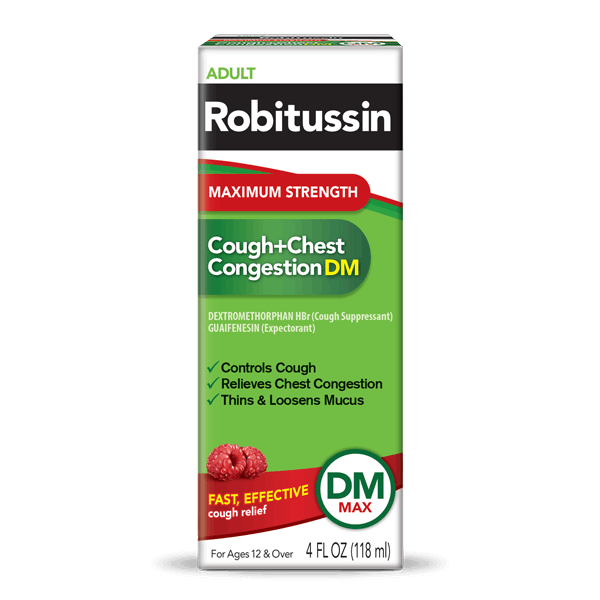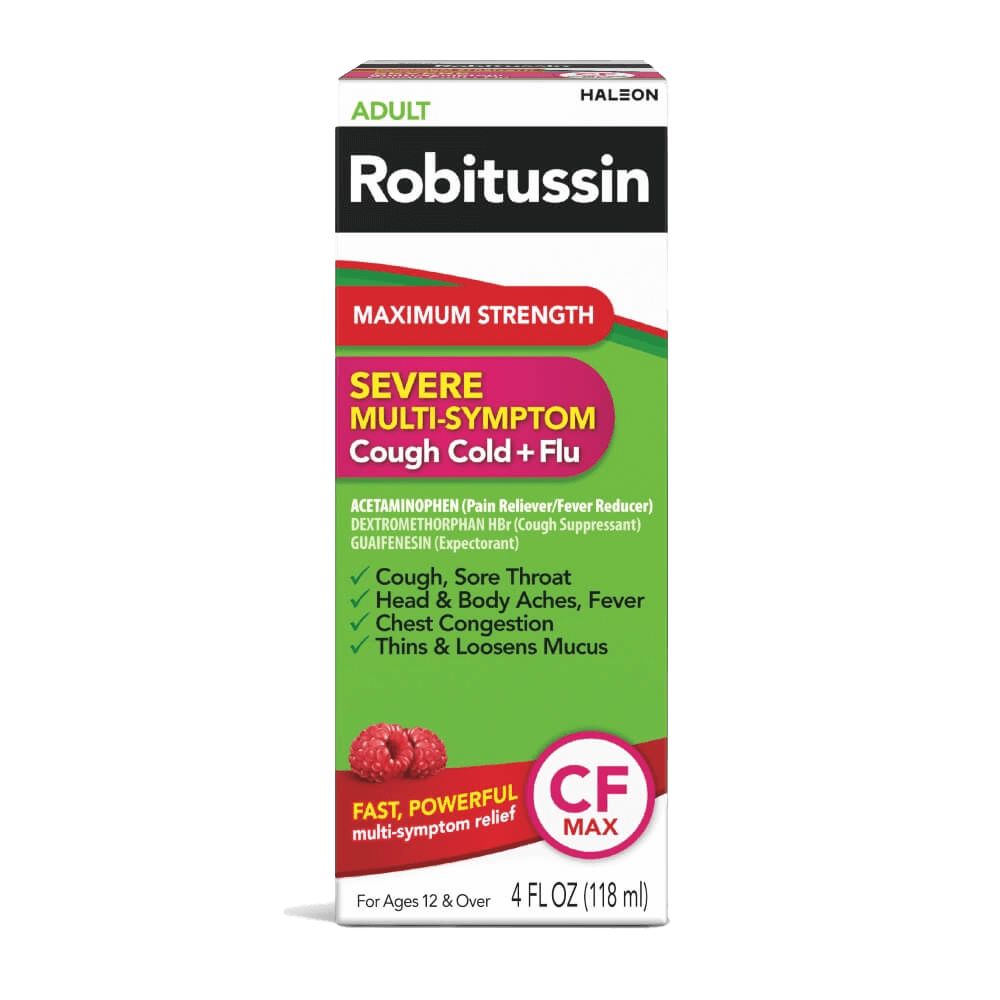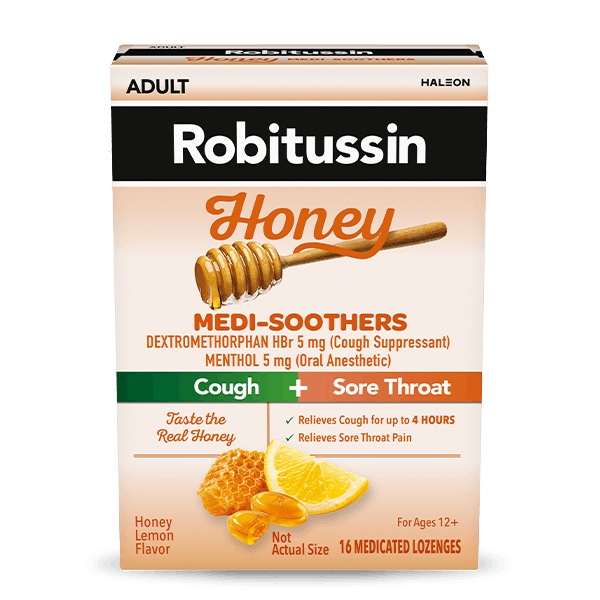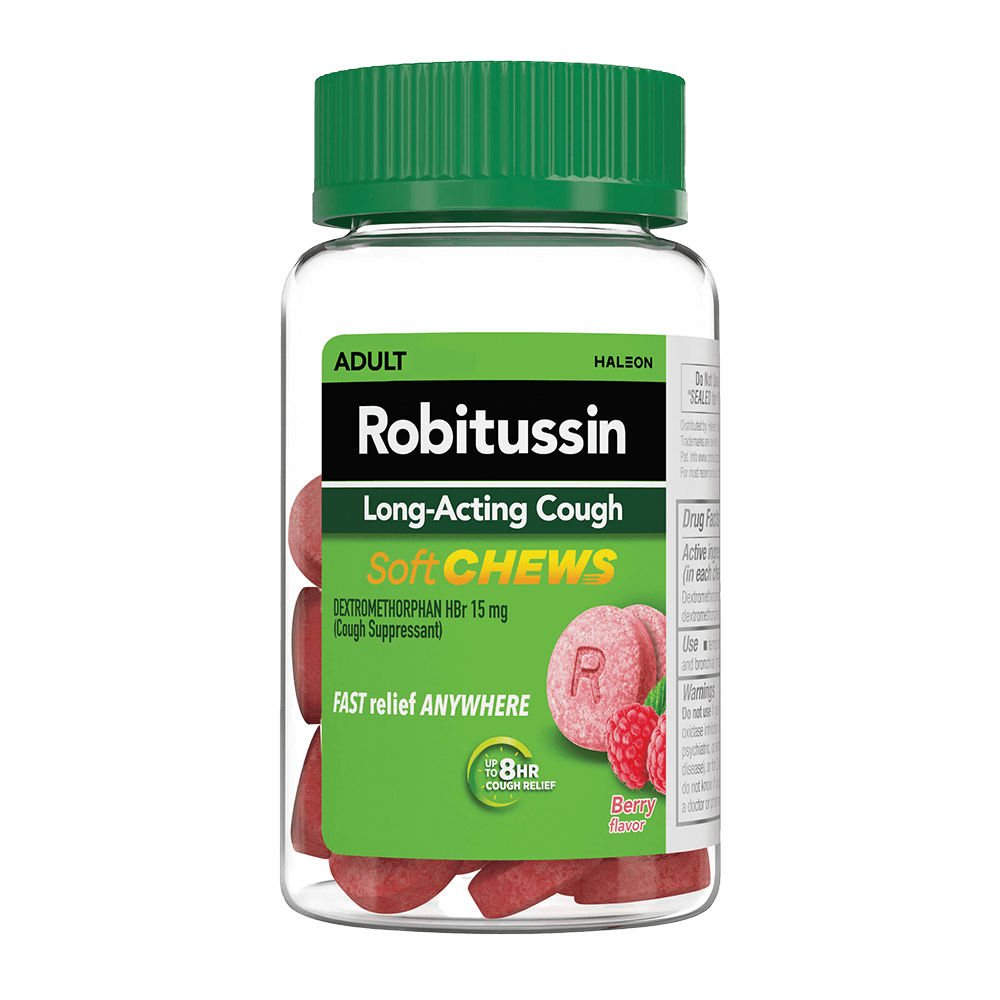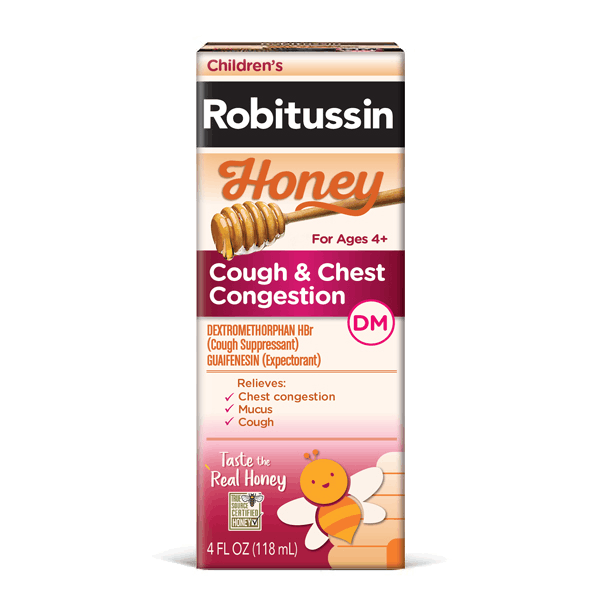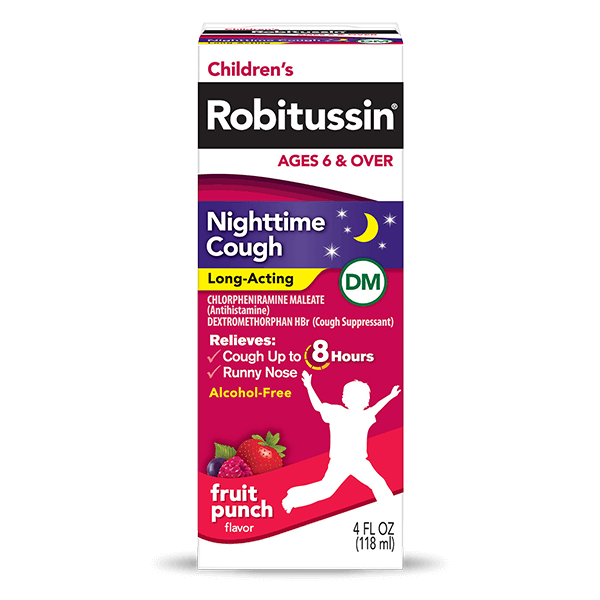How Long Does a Cough Last After the Flu?
Flu symptoms are truly a pain. When you’re stuck in bed with the flu, the bouts of body pain and coughing fits can seem never-ending. But how long can a cough last after the flu? A cough from the flu can be persistent, even when most flu symptoms have decreased.1 Learn more about coughing as a flu symptom and how long it can last for.

How to Tell the Difference Between a Cold and Flu Cough
Cold and flu symptoms are very similar, and it can be hard to tell them apart. Since both are known to cause coughs, it’s difficult to determine what condition you have based on a cough alone.2 However, you may be able to tell what’s causing you to cough by looking at the severity: a cough that is caused by a cold is typically mild, while a cough from a flu is usually more severe.3 Aside from coughs, most flu symptoms are generally more severe than cold symptoms.3 Symptoms like headaches, fevers, body aches and fatigue are more intense during the flu.3
Another way to tell what is causing your cough is by paying attention to how suddenly your symptoms appear.1 Flu symptoms like cough, sore throat, headache and fever can hit very quickly.1 On the other hand, cold symptoms usually appear two to three days after the virus enters the body.3
How Does a Cough Feel During the Flu?
There are three main types of coughs—acute, subacute and chronic.2 An acute cough can last up to three weeks, and a subacute cough can go on for up to eight weeks.2 Any cough that persists for longer than eight weeks is considered to be a chronic cough.2 Coughs that occur during the flu typically fall under the acute and subacute categories.2
Coughs can also be categorized based on mucus production.2 A cough that brings up mucus is productive (wet), and a cough that does not bring up mucus is non-productive (dry).2 In most cases, wet coughs are prominent while you are sick with the flu, and dry coughs can linger as you recover.4
What Causes a Lasting Cough After Flu Recovery?
Coughing and fatigue can last for up to two weeks after most flu symptoms have decreased.1 A common cause of coughing after flu recovery is post-nasal drip, which occurs when large amounts of mucus gathers and drips down the back of your throat.5 Other symptoms of post-nasal drip include frequent swallowing, bad breath, nausea, sore throat and coughing at night.5 Post-nasal drip can also cause ear infections if the mucus clogs up your Eustachian tubes.5
What Flu Complications Can Cause a Lasting Cough?
Some people may develop complications from the flu, and many of these complications can cause continuous coughing.2,6 People who are at risk for developing complications may end up experiencing pneumonia, bronchitis or acute respiratory distress syndrome after a flu.6 If you have asthma, a flu can lead to flare-ups and exacerbate your cough.6 A physical exam from your health care provider can help you find out what is causing your lasting cough after the flu.2
How to Help Manage a Lasting Cough
Cough treatment depends on what is causing it.2 While most viral coughs do not require treatment, your healthcare provider can prescribe an antiviral medication to help your symptoms.2 If your cough is due to an infection, your healthcare provider might prescribe an antibiotic or antiviral medication, but most viral coughs do not require antiviral medication. You can also try over-the-counter cough medications or cough drops to calm coughing and soothe a sore throat.2 Try Maximum Strength Severe Multi-Symptom Cough Cold + Flu for long-lasting relief for an ongoing cough for up to 7 days. For a medicated cough drop that also soothes sore throat pain, try Robitussin Medi-Soothers for up to four hours of relief. If your cough persists for more than seven days while taking over-the-counter cough medications, please see your healthcare provider for further guidance on treatment.
Natural Ways to Help a Cough
Drinking plenty of water is good for coughs in many ways. If your throat is irritated or dry, water can help ease a cough.2 Using a humidifier or taking a steamy shower can also be beneficial for coughs.2 Another natural cough remedy that can be found in your pantry is honey.2 Eating one spoonful of honey or adding it to a hot cup of tea can help just as much as an over-the-counter cough medicine.2
A nasty flu cough can last for weeks, but over-the-counter cough medicines can help you manage them better. Find more ways to manage coughs and other symptoms in the Robitussin Cough and Cold Center.
Source Citations:
- Influenza (flu). Victoria State Government Department of Health. https://www.betterhealth.vic.gov.au/health/conditionsandtreatments/flu-influenza Accessed 5/22/2023.
- Cough. Cleveland Clinic. https://my.clevelandclinic.org/health/symptoms/17755-cough Accessed 5/22/2023.
- Common Cold. Johns Hopkins Medicine. https://www.hopkinsmedicine.org/health/conditions-and-diseases/common-cold Accessed 5/22/2023.
- Dry Cough and Chest Tightness. Cleveland Clinic. https://my.clevelandclinic.org/health/symptoms/21888-dry-cough-and-chest-tightness Accessed 5/22/2023.
- Postnasal Drip. Cleveland Clinic. https://my.clevelandclinic.org/health/diseases/23082-postnasal-drip Accessed 5/22/2023.
- Influenza (flu). Mayo Clinic. https://www.mayoclinic.org/diseases-conditions/flu/symptoms-causes/syc-20351719 Accessed 5/22/2023.
